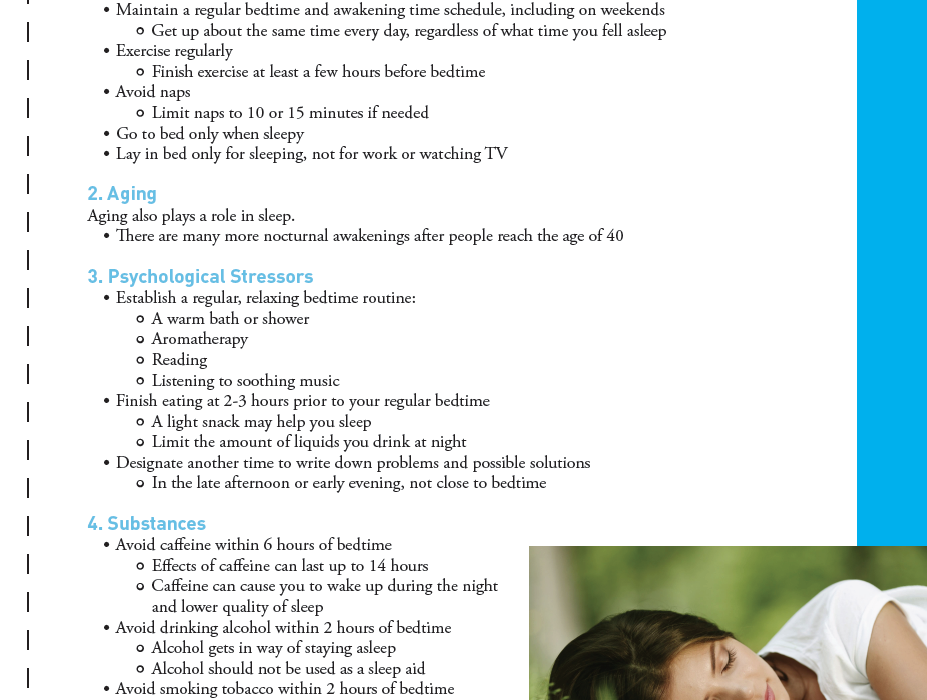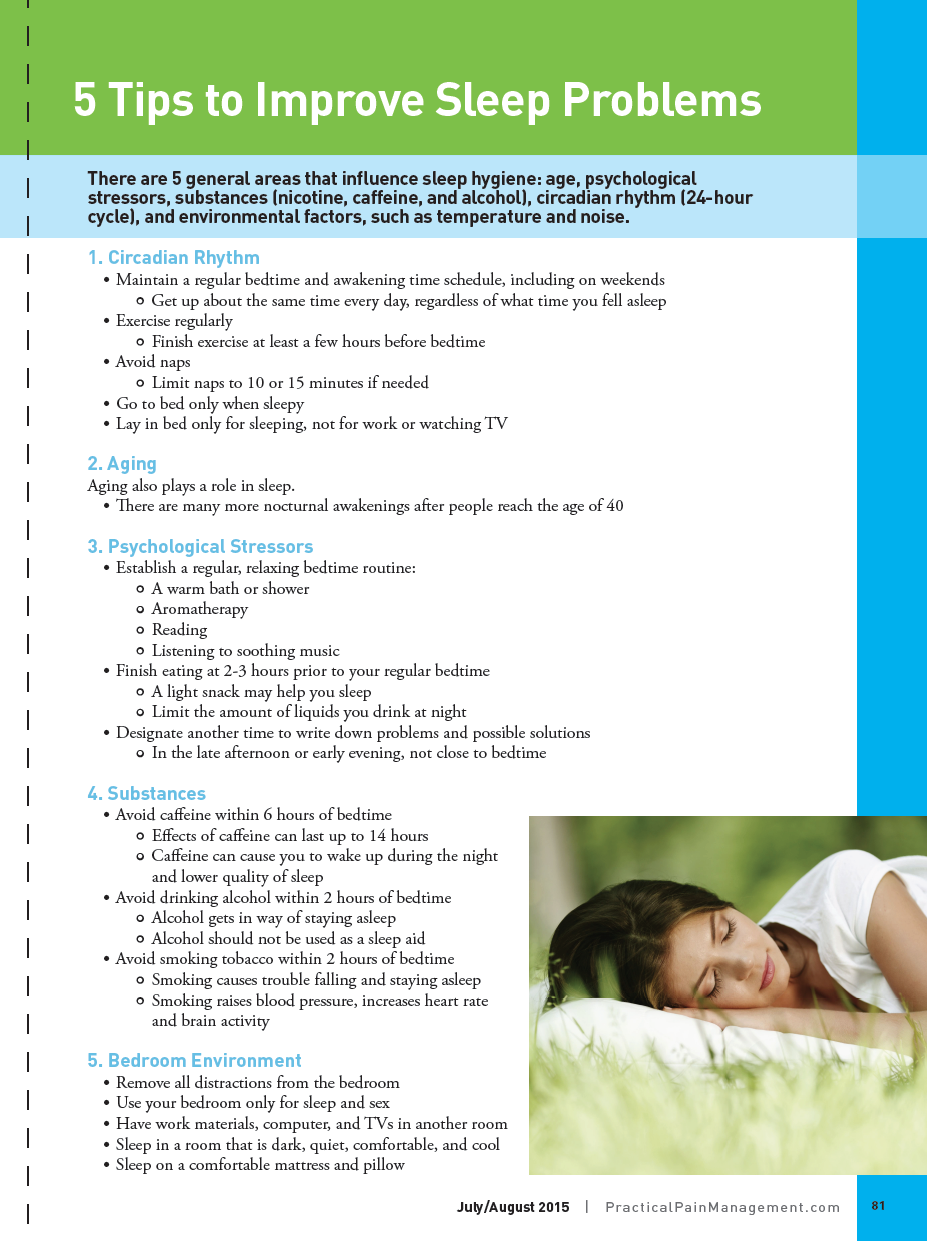Do you ever find yourself tossing and turning at night, unable to fall into a peaceful slumber? Is it normal to experience occasional sleep disturbances? Well, the answer might put your mind at ease. Sleep disturbances can indeed be a common occurrence for many individuals. So, if you’ve been lying awake wondering if something is wrong with you, fret not! Let’s dive into the world of sleep and explore why occasional disruptions in your sleep pattern might be perfectly normal.
It’s no secret that a good night’s sleep is crucial for our overall well-being. Our bodies and minds need that restorative downtime to function at their best. However, life often throws curveballs our way, causing occasional sleep disturbances. Whether it’s a stressful day at work, a change in routine, or even an exciting event on the horizon, these factors can disrupt our sleep patterns. So, don’t worry if you find yourself wide awake in the middle of the night every now and then. It’s just a bump in the road of your sleep journey, and it’s likely to resolve on its own. Remember, occasional sleep disturbances are a normal part of life, and with a few adjustments and a little patience, you’ll be back to enjoying sweet dreams in no time.
Is it normal to experience occasional sleep disturbances?
Occasional sleep disturbances are actually quite common and typically not a cause for concern. Factors such as stress, changes in routine, or environmental factors can disrupt our sleep patterns from time to time. However, if sleep disturbances become frequent or persistent, it may be worth exploring underlying causes or seeking professional help. In most cases, implementing healthy sleep habits and managing stress can help improve overall sleep quality.
Is it Normal to Experience Occasional Sleep Disturbances?
Sleep disturbances are a common occurrence for many people. It is not unusual to have occasional nights where you struggle to fall asleep or stay asleep throughout the night. In fact, most individuals experience some form of sleep disruption at some point in their lives. However, it is important to differentiate between occasional sleep disturbances and chronic sleep problems that require medical attention.
The Causes of Occasional Sleep Disturbances
There are several factors that can contribute to occasional sleep disturbances. One common cause is stress. When you are feeling anxious or overwhelmed, it can be difficult to quiet your mind and relax enough to fall asleep. Additionally, certain lifestyle choices, such as consuming caffeine or engaging in stimulating activities before bed, can disrupt your sleep patterns.
Another common cause of occasional sleep disturbances is environmental factors. Noise, light, and uncomfortable temperatures can all interfere with your ability to sleep soundly. Additionally, disruptions in your normal sleep routine, such as traveling or adjusting to a new work schedule, can also lead to temporary sleep disturbances.
The Impact of Occasional Sleep Disturbances
While occasional sleep disturbances may not seem like a big deal, they can still have a significant impact on your overall well-being. Lack of quality sleep can leave you feeling fatigued, irritable, and unable to concentrate during the day. It can also affect your mood, productivity, and relationships.
Furthermore, research has shown that chronic sleep deprivation, even if it is only occasional, can have negative long-term effects on your health. It has been linked to an increased risk of developing chronic conditions such as obesity, diabetes, and cardiovascular disease. Therefore, it is important to address occasional sleep disturbances to prevent them from becoming a chronic issue.
Tips for Managing Occasional Sleep Disturbances
If you experience occasional sleep disturbances, there are several strategies you can try to improve your sleep quality. First and foremost, establish a consistent sleep schedule. Going to bed and waking up at the same time every day can help regulate your body’s internal clock and promote better sleep.
Creating a relaxing bedtime routine can also be beneficial. Engage in activities that help you wind down, such as reading a book, taking a warm bath, or practicing relaxation techniques like deep breathing or meditation. Avoid using electronic devices, as the blue light emitted from screens can interfere with your body’s natural sleep-wake cycle.
Creating a sleep-friendly environment is another important factor in managing occasional sleep disturbances. Make sure your bedroom is cool, dark, and quiet. Consider using earplugs, an eye mask, or a white noise machine to block out any disruptive sounds. Investing in a comfortable mattress and pillows can also make a significant difference in your sleep quality.
If stress or racing thoughts are keeping you awake at night, try incorporating stress management techniques into your daily routine. Regular exercise, journaling, and talking to a trusted friend or therapist can help alleviate anxiety and promote better sleep.
The Benefits of Addressing Occasional Sleep Disturbances
Taking steps to address occasional sleep disturbances can have numerous benefits for your overall well-being. Improved sleep quality can enhance your mood, concentration, and cognitive function. It can also boost your immune system, reduce inflammation, and improve your physical health.
Getting better sleep can also positively impact your mental health. Adequate sleep has been shown to lower the risk of developing mental health disorders such as depression and anxiety. It can also improve your ability to cope with stress and regulate your emotions.
In conclusion, occasional sleep disturbances are a normal part of life for many people. However, it is important to address these disruptions and implement strategies to improve your sleep quality. By prioritizing sleep and making lifestyle adjustments, you can minimize the impact of occasional sleep disturbances and enjoy the benefits of restful and rejuvenating sleep.
Key Takeaways: Is it normal to experience occasional sleep disturbances?
- Occasional sleep disturbances are normal and happen to many people.
- Factors like stress, caffeine, and an irregular sleep schedule can contribute to sleep disruptions.
- Creating a relaxing bedtime routine and maintaining a consistent sleep schedule can help improve sleep quality.
- It’s important to limit screen time before bed and create a dark and quiet sleeping environment.
- If sleep disturbances become frequent or significantly impact daily life, it may be helpful to consult a healthcare professional.
Frequently Asked Questions
1. What causes occasional sleep disturbances?
Occasional sleep disturbances can be caused by a variety of factors. Common causes include stress, anxiety, certain medications, caffeine or alcohol consumption, an uncomfortable sleep environment, and irregular sleep schedules. Additionally, certain medical conditions such as sleep apnea, restless leg syndrome, and insomnia can also contribute to occasional sleep disturbances.
If you are experiencing occasional sleep disturbances, it is important to identify the underlying cause. Keeping a sleep diary and noting any patterns or triggers can be helpful in pinpointing the culprit. If the disturbances persist or worsen, it is recommended to consult with a healthcare professional for further evaluation and guidance.
2. How often is it normal to experience sleep disturbances?
It is normal to experience occasional sleep disturbances from time to time. Factors such as stress, changes in routine, or environmental factors can disrupt sleep on occasion. However, if these disturbances occur frequently or start to interfere with your daily functioning, it may be a sign of an underlying sleep disorder or other health issue.
If you find that you are consistently experiencing sleep disturbances several times a week or more, it is advisable to seek medical attention. A healthcare professional can help identify any underlying causes and provide appropriate treatment or recommendations to improve your sleep quality.
3. How can I improve my sleep quality if I experience occasional disturbances?
If you experience occasional sleep disturbances, there are several strategies you can try to improve your sleep quality:
– Establish a consistent sleep schedule by going to bed and waking up at the same time every day, even on weekends.
– Create a sleep-friendly environment by ensuring your bedroom is cool, dark, and quiet.
– Limit your intake of caffeine and alcohol, especially close to bedtime.
– Practice relaxation techniques, such as deep breathing or meditation, before bed to help calm your mind and prepare for sleep.
– Avoid stimulating activities or electronic devices before bed, as they can interfere with your ability to fall asleep.
If these strategies do not improve your sleep quality or if the disturbances persist, it is recommended to consult with a healthcare professional for further evaluation and guidance.
4. Can occasional sleep disturbances be a sign of a sleep disorder?
Occasional sleep disturbances can be a normal part of life and not necessarily indicative of a sleep disorder. However, if the disturbances occur frequently or persist over a prolonged period of time, it may be worth exploring the possibility of a sleep disorder.
Common sleep disorders that can cause disrupted sleep include insomnia, sleep apnea, restless leg syndrome, and narcolepsy. If you suspect that your occasional sleep disturbances may be related to a sleep disorder, it is advisable to consult with a healthcare professional who specializes in sleep medicine. They can evaluate your symptoms, conduct any necessary tests, and provide appropriate treatment or management options.
5. Are there any lifestyle changes that can help reduce occasional sleep disturbances?
Yes, there are several lifestyle changes that can help reduce occasional sleep disturbances:
– Establish a regular sleep schedule by going to bed and waking up at consistent times.
– Create a relaxing bedtime routine to signal to your body that it is time to sleep.
– Ensure your sleep environment is comfortable, cool, and free from distractions.
– Limit your consumption of caffeine and alcohol, especially in the evening.
– Engage in regular physical activity during the day, but avoid exercising too close to bedtime.
– Manage stress through techniques such as meditation, deep breathing, or journaling.
– Avoid napping during the day, especially if it interferes with your ability to sleep at night.
By implementing these lifestyle changes and adopting healthy sleep habits, you can improve your sleep quality and reduce the likelihood of experiencing occasional sleep disturbances.
Final Thought: Is it Normal to Experience Occasional Sleep Disturbances?
In the grand scheme of things, experiencing occasional sleep disturbances is completely normal. We all have those nights where sleep seems elusive, whether it’s due to stress, environmental factors, or even a late-night snack that didn’t sit well. So, rest assured, you’re not alone in this occasional struggle.
However, it’s important to differentiate between occasional sleep disturbances and chronic sleep issues. If you find yourself consistently struggling to fall asleep or stay asleep, it may be worth exploring potential underlying causes such as insomnia or sleep disorders. In such cases, seeking professional help from a healthcare provider can provide valuable insights and solutions to improve your sleep quality.
Remember, occasional sleep disturbances are just a bump in the road of your sleep journey. By practicing good sleep hygiene, creating a relaxing bedtime routine, and addressing any underlying issues, you can increase your chances of enjoying restful nights more often. So don’t fret too much when sleep eludes you from time to time – sweet dreams are just around the corner!




